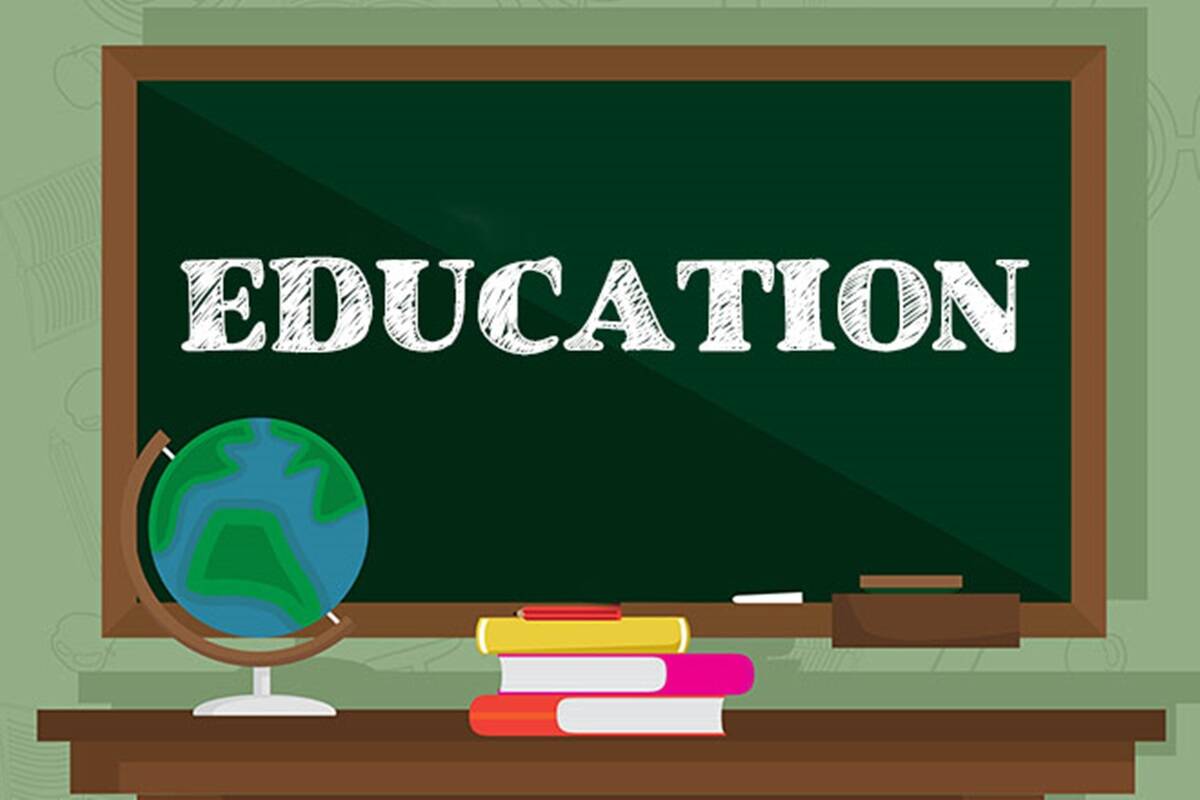Education is one of the cornerstones of human development, influencing both individuals and societies in profound ways. From ancient civilizations to the modern digital age, education has undergone significant transformations, adapting to societal needs, technological advances, and evolving pedagogical theories. In its essence, education empowers individuals, opens doors to opportunities, and fosters critical thinking, creativity, and problem-solving skills that shape the future.
The Roots of Education: Ancient and Classical Foundations
Education, in one form or another, has been around for thousands of years. In ancient civilizations such as Egypt, Mesopotamia, and Greece, education was primarily reserved for the elite, focusing on subjects like mathematics, philosophy, and literature. The ancient Greek philosophers, including Socrates, Plato, and Aristotle, laid the foundations of formal education, focusing on logic, critical thinking, and the pursuit of knowledge.
The educational systems in these societies often focused on preparing young men for leadership roles, with limited access to women or lower classes. Over time, the need for broader educational access became apparent, paving the way for more inclusive approaches.
The Rise of Formal Education Systems
In the Middle Ages, education was largely controlled by religious institutions, with monasteries and churches being the centers of learning. The Renaissance period, however, brought about a renewed interest in knowledge, art, and science, leading to the establishment of universities such as the University of Bologna and the University of Oxford.
The Enlightenment in the 17th and 18th centuries also played a significant role in shaping modern education. Thinkers like John Locke and Jean-Jacques Rousseau advocated for the importance of education for all, emphasizing reason, individual rights, and scientific inquiry.
The Industrial Revolution: Mass Education for a Changing World
The Industrial Revolution in the 19th century brought about dramatic changes in society, requiring new types of education to meet the demands of an industrialized workforce. Public schooling became more widespread, and the concept of “universal education” emerged, aiming to provide all children, regardless of background, with the basic skills needed to function in a modern economy.
This period saw the establishment of formal education systems in many countries, with governments taking a larger role in providing schooling. Basic literacy, numeracy, and vocational training became the focus, preparing students for roles in factories, administration, and later, service industries.
Modern Education: Embracing Technology and Innovation
Today, education is a global endeavor, with access to learning opportunities spanning across continents. The rise of the internet and digital technology has revolutionized how we learn, making education more accessible, flexible, and personalized. Online learning platforms, digital classrooms, and interactive resources have opened doors to education that were once limited by geography, time, or socio-economic factors.
Moreover, the focus of modern education has shifted toward critical thinking, creativity, and emotional intelligence, alongside traditional subjects like mathematics and science. The integration of technology into the classroom, such as through the use of artificial intelligence (AI), virtual classrooms, and e-learning platforms, is changing how students interact with content and collaborate with peers and teachers.
Inclusive Education: A Step Toward Equity
As the world becomes more interconnected, there is a growing recognition of the need for inclusive education that addresses the needs of all learners, regardless of their physical, mental, or social circumstances. The principles of equity, diversity, and inclusion are guiding educational reforms around the world. Special education programs, learning aids, and technology assistive tools have empowered students with disabilities to thrive in regular classrooms.
There is also a growing emphasis on gender equality in education, with many initiatives focusing on ensuring that girls have equal access to quality education. Efforts to reduce the educational gap in underserved and developing regions are becoming increasingly important in global educational agendas.
The Future of Education: Trends and Challenges
The future of education is being shaped by several key trends:
- Technology Integration: With AI, robotics, and virtual reality, education is becoming more immersive, interactive, and personalized. These technologies can adapt to individual learning styles and help students progress at their own pace.
- Lifelong Learning: The rapidly changing job market requires continuous learning. Individuals now need to regularly update their skills, making lifelong learning essential. This has led to a boom in online courses, certifications, and professional development programs.
- Globalization and Collaboration: As the world becomes more interconnected, there is a focus on cross-cultural learning and global collaboration. International student exchange programs, collaborative online projects, and access to global knowledge are becoming more prevalent.
- Sustainability Education: Climate change and sustainability are driving the integration of environmental education. Schools are preparing students to be responsible global citizens, equipping them with the knowledge to tackle global challenges.
Conclusion: Education as a Path to Empowerment
Education remains one of the most powerful tools for personal and societal transformation. It is the key to unlocking potential, fostering innovation, and bridging divides. As the landscape of education continues to evolve, it is crucial that we continue to innovate, adapt, and ensure that learning opportunities are accessible, inclusive, and relevant for all.




